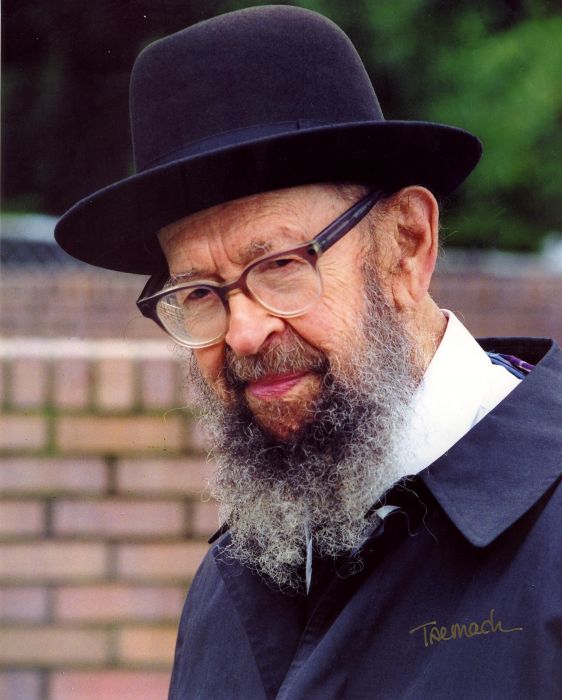Q: What is Selichos all about?
A: Selichos means that a man must make some time for hisbonenus, for thinking. שימו לבבכם על דרכיכם – Put your minds on your path in life. Are you walking in the right way? When we say Selichos in the month of Elul, so every day we’re saying, נחפשה דרכינו ונחקרה – let us search out our ways and investigate. All the frum Jews are saying that. But do you do it? How many frum Jews have stopped and given five minutes to think over the past year? Believe me, very few. Five minutes inventory, five minutes bookkeeping is very little for a whole year of business. It would be a great thing if somebody could boast, “I’m a man! I fulfilled נחפשה דרכינו ונחקורה. I spent five minutes thinking of the past full year.” It’s a very poor little boast, but halevei v’halevei.
At least two minutes you should spend! Did you spend two minutes? Even on Yom Kippur, do you spend two minutes thinking about your past year? People are talking, but they don’t even know what they’re saying. They say, נחפשה דרכינו – let’s search out our ways and make an inventory, and then they forget about actually doing it. It would be a nice inventory if you spend two minutes on your business. But not even two minutes are spent.
And it’s so essential. It’s imperative. You must have some time to think. Unless you want to continue in your blindness until you fall over the precipice when it’s all over and then it’s too late. At the end you’ll realize that your life has been wasted for a lack of using your mind. The golden opportunity of life comes once in history – you won’t come back again. And that’s what Selichos is for; it’s meant to wake you up.
TAPE # 155 (February 1977)
Q: In Selichos we say that אין קורא בשמך – “We have no one among us who calls out in Your name.” But the Chovos Halevavos says that we have people who are קורא בשמך in every generation. So what does it mean in the Selichos?
A: In Selichos when it says that today we don’t have a קורא בשמך it means something else. It means this: In the good old days, there were people who had influence with Hakodosh Boruch Hu and when they asked Him for rachamim, for mercy, He listened to them. And today, it’s not so easy to find that anymore. That’s what we’re saying in Selichos.
But the Jewish nation is קורא בשמך always, no question about that. We call out to Hashem for everything. Only that here it means that Hakodosh Boruch Hu will listen to their outcry and respond immediately. Rebbi Chanina ben Dosah, when he asked Hashem to do something, Hashem listened to him, yes. Today, I don’t know of there is anybody who could do that anymore; that’s all that it means.
TAPE # E-247 (September 2000)
Q: In Selichos when we say מכניסי רחמים and מלאכי רחמים, it sounds like we’re praying to the angels. Are we asking them for help?
A: And the answer is that in this shul we skip it. We don’t say that. Some poskim say you shouldn’t do it and therefore we skip it. Now, some justify it by saying that really we want Hashem to do it. Only that we say aza lashon of מלאכי רחמים.
TAPE # E-249 (September 2000)










